News
Haiti: Financial Situation and Public Expenditure Effectiveness 2015-2016 review for the Superior Court of Auditors and Administrative Litigation (CSCCA)
- Published: Friday 28 July 2017 13:22
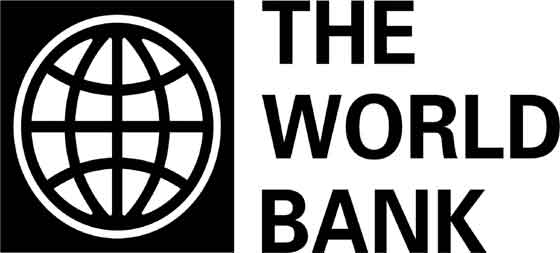

CESS Institute has been awarded a contract from the World Bank to conduct a review of Haiti Financial Situation and Public Expenditure Effectiveness 2015-2016 for the Superior Court of Auditors and Administrative Litigation (CSCCA).
The main objective of this assignment is to strengthen institutional and human resource capacity to analyze, forecast and report on key macroeconomic developments. The expected outcome is to improve provide an assessment on the quality of public spending in 2015-16
Modernization of Public Finance Management (PFM) in Myanmar for the Ministry of Planning and Finance (MOPF)
- Published: Friday 17 February 2017 13:04


CESS Institute has been awarded a contract by the World Bank to provide macroeconomic assistance to support the modernization of Public Finance Management (PFM) in Myanmar for the Ministry of Planning and Finance (MOPF).
The main objective of this assignment is to strengthen institutional and human resource capacity to analyze, forecast and report on key macroeconomic developments. The expected outcome is to improve the frequency and quality of economic reporting that informs policy discussions across government and helps strengthen linkages between planning and budgeting.
CESS Institute is providing a technical assistance to strengthen the legal and business environment in Mali
- Published: Friday 13 January 2017 12:54
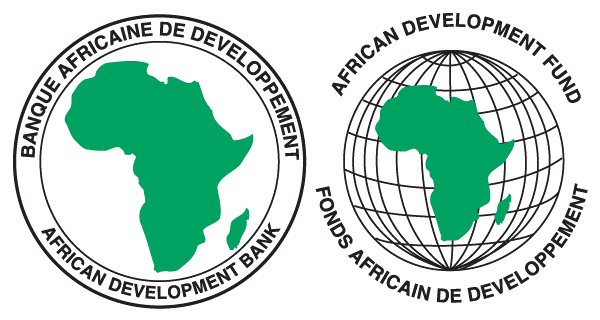

CESS Institute has been awarded a contract from the African Development Bank (AfDB) to undertake Studies of the Legal, Fiscal, and Economic Environment of Business in Mali. The main objective of this project is to improve the investment environment by strengthening the Investment Promotion Agency, the Directorate General of Taxation and National Directorate for Estate and Land Registry.
Mid Term Review for UN Coordination Office in Rwanda
- Published: Thursday 15 December 2016 12:38
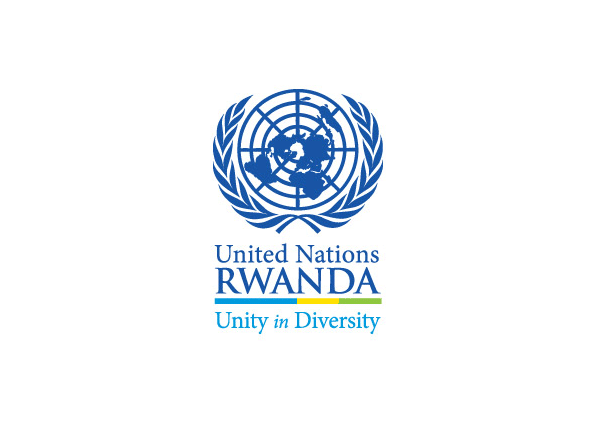
CESS Institute has been awarded a contract from UN Rwanda to perform the Mid Term Review of the United Nations Development Assistance Framework (UNDAF) for UN Coordination Office.
The main purpose of this assignment were to:
- Assess progress towards results achievements (by outcomes);
- Monitor implementation and adaptive management to improve outcomes;
- Identify early risks to sustainability, and
- Highlight supportive recommendations.
Review of Lesotho National Strategic Development Plan (NSDP 2012-17)
- Published: Thursday 8 December 2016 20:50

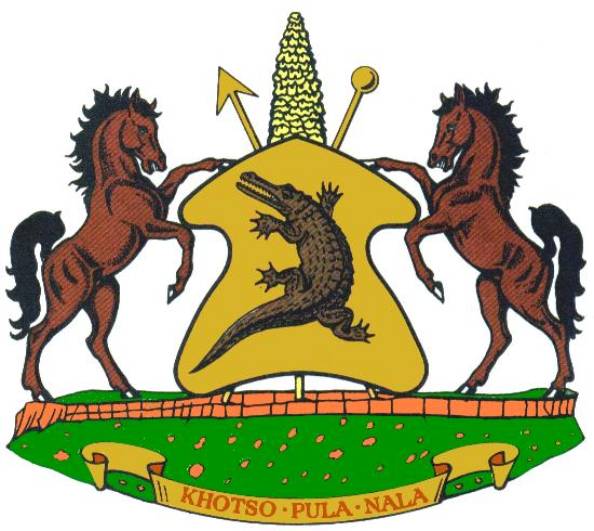
CESS Institute has been requested by the Government of Lesotho to assess the implementation of the Lesotho National Strategic Development Plan (NSDP 2012-17). This assessment report reviewed progress, identified the challenges and gaps towards the implementation, acknowledged impacts of the plan on Lesotho and reflected on lessons to be learned from this process. This evidence based review was being carried out as a mean to understand the strengths and weaknesses of NSDP and utilize this knowledge to scope out the parameters and needs of a second National Development Plan NSDP2.
This assessment took place from October to December 2016.
Assessment of Business Environment for SME 2014-2015 in Côte d'Ivoire and Rwanda
- Published: Monday 8 August 2016 14:17
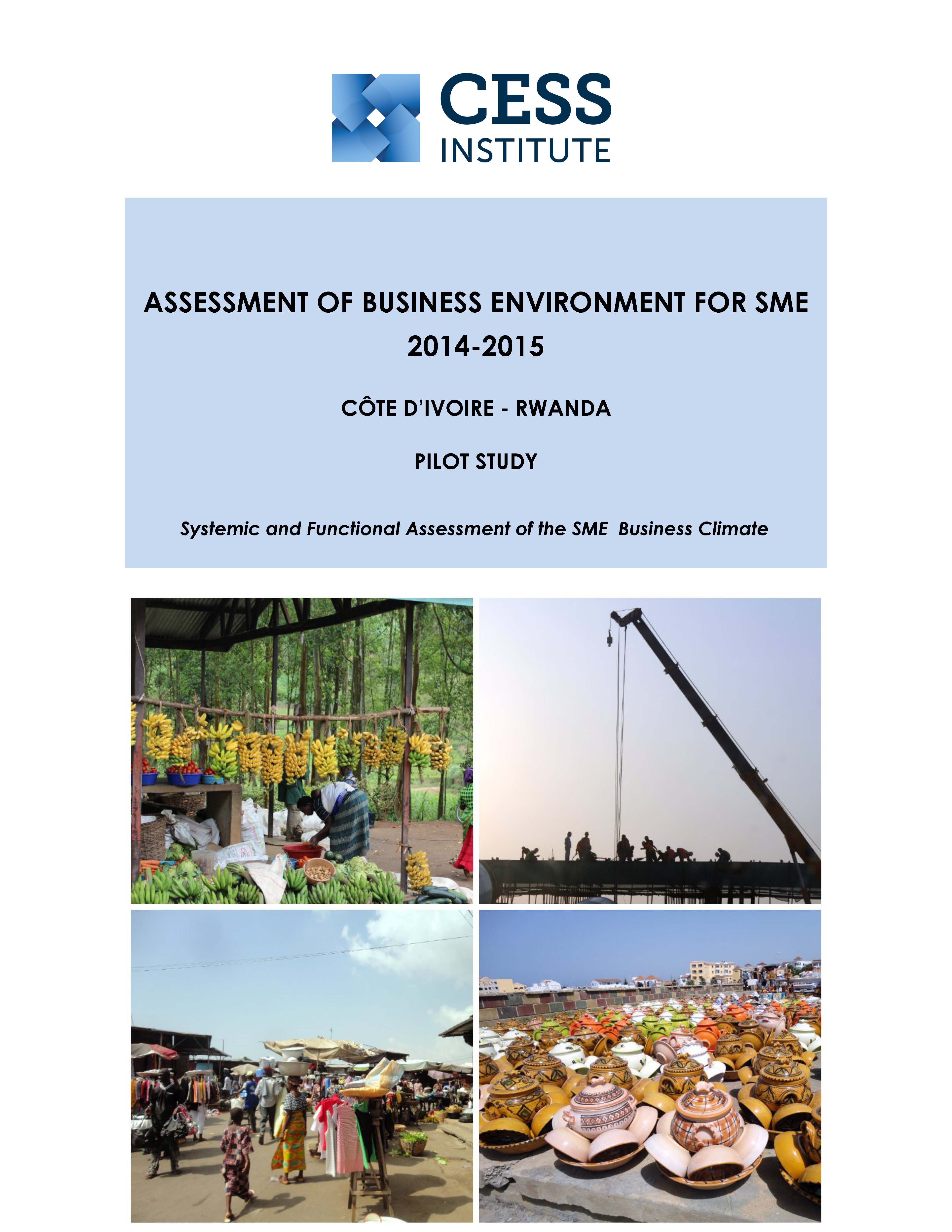
DFID - ESRC Growth Research Program (DEGRP) Call 3 (2015-2016)
- Published: Monday 6 June 2016 13:29
Press Conference: Evaluation of the SME Business Climate in CI and Rwanda
- Published: Thursday 31 March 2016 15:41
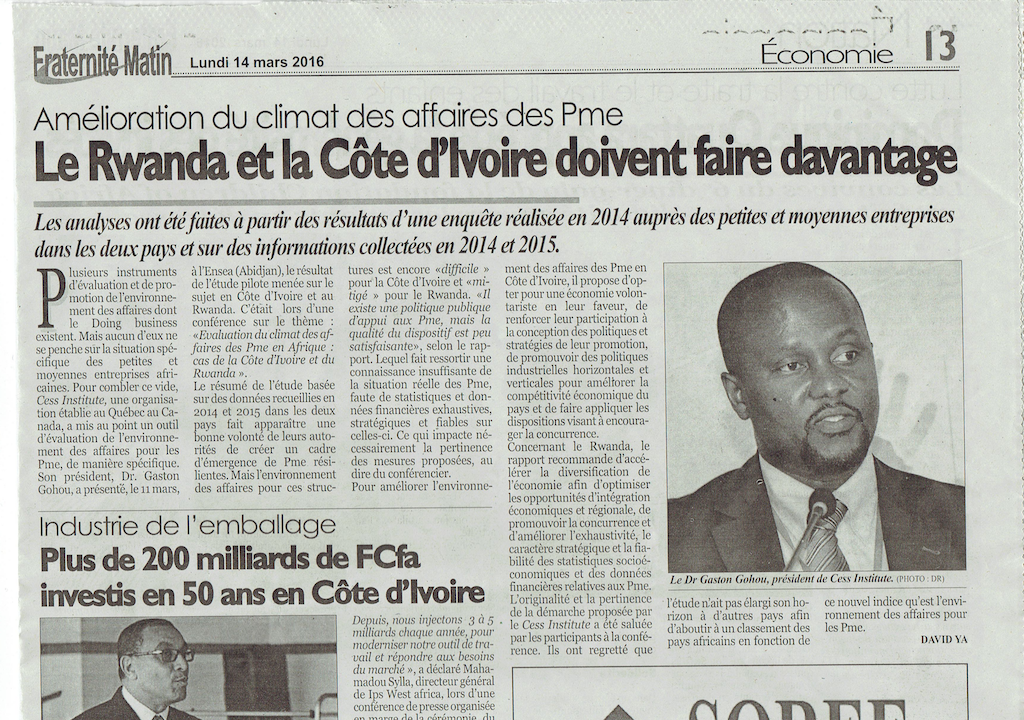
CESS Institute held a pres conference on March 11, 2016 at ENSEA, Abidjan, CI, presenting the result of SME business climate Evaluation for CI and Rwanda, done in 2014/2015. During this pers conference, Dr. Gaston Gohou, president of CESS Institute and team leader of the evaluation, stated that there are ways to help the development of PME in CI and Rwanda. One of his recommendations was to strengthen the participation of SMEs in the policy making and strategy, in addition, government should openly promote and protect SME to improve their competitiveness.
Please click here for the video, the event was covered by Abidjan.net.
Please click here for full report of the activity.
inal Evaluation of CPRS 2011-2015 in Benin; Review of implementation of steering mechanism and monitoring and evaluation system
- Published: Thursday 18 February 2016 11:25
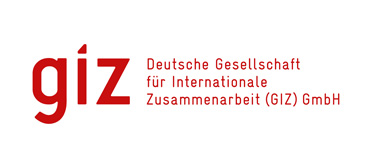
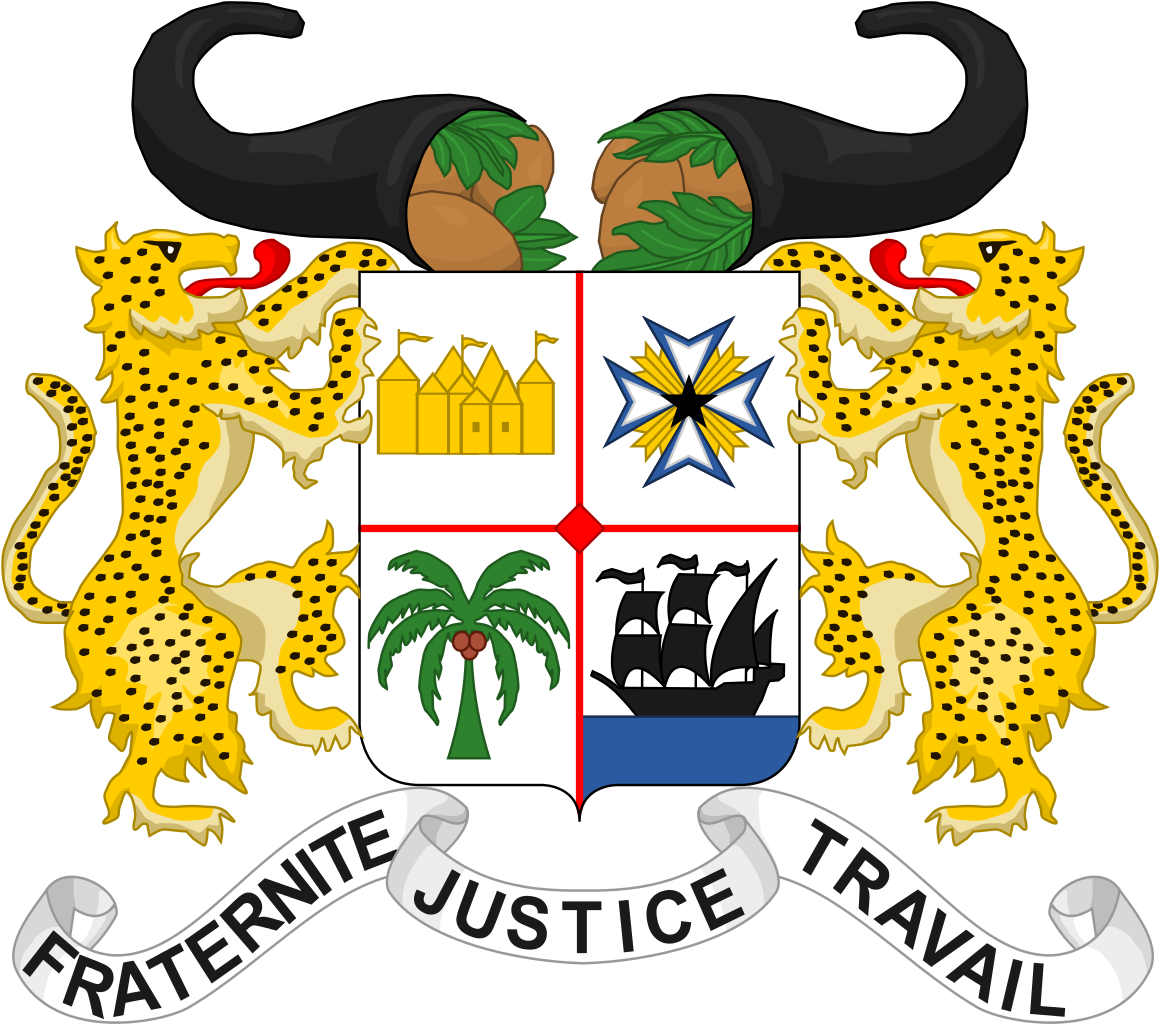
CESS Institute has been awarded a contract from GIZ to undertake a final evaluation the implementation process of the of the Benin Growth and Poverty Reduction Strategy 3 (GPRS 3)of Benin 2011-2015.
CESS Institute team assessed the institutional and organizational capacity of the GPRS 3 implementation steering mechanism, analyzed the operational and current effectiveness of the CPRS, monitoring and evaluation mechanism, and the capabilities of the mechanism to produce the expected outputs.
CESS Institute to estimate the 2014 poverty line of Liberia
- Published: Thursday 11 February 2016 15:48

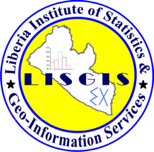
CESS Institute has been awarded a contract to support the LISGIS to estimate the household poverty line based on the HIES 2014.
The Liberia Institute for Statistics and Geo-information Services (LISGIS) implemented a Household Income and Expenditure Survey (HIES) in 2014. Based on the household expenditure, CESS Institute will support the LISGIS to estimate the 2014 poverty line and household consumption aggregate. The statistical software STATA will be used mainly for this exercise.



